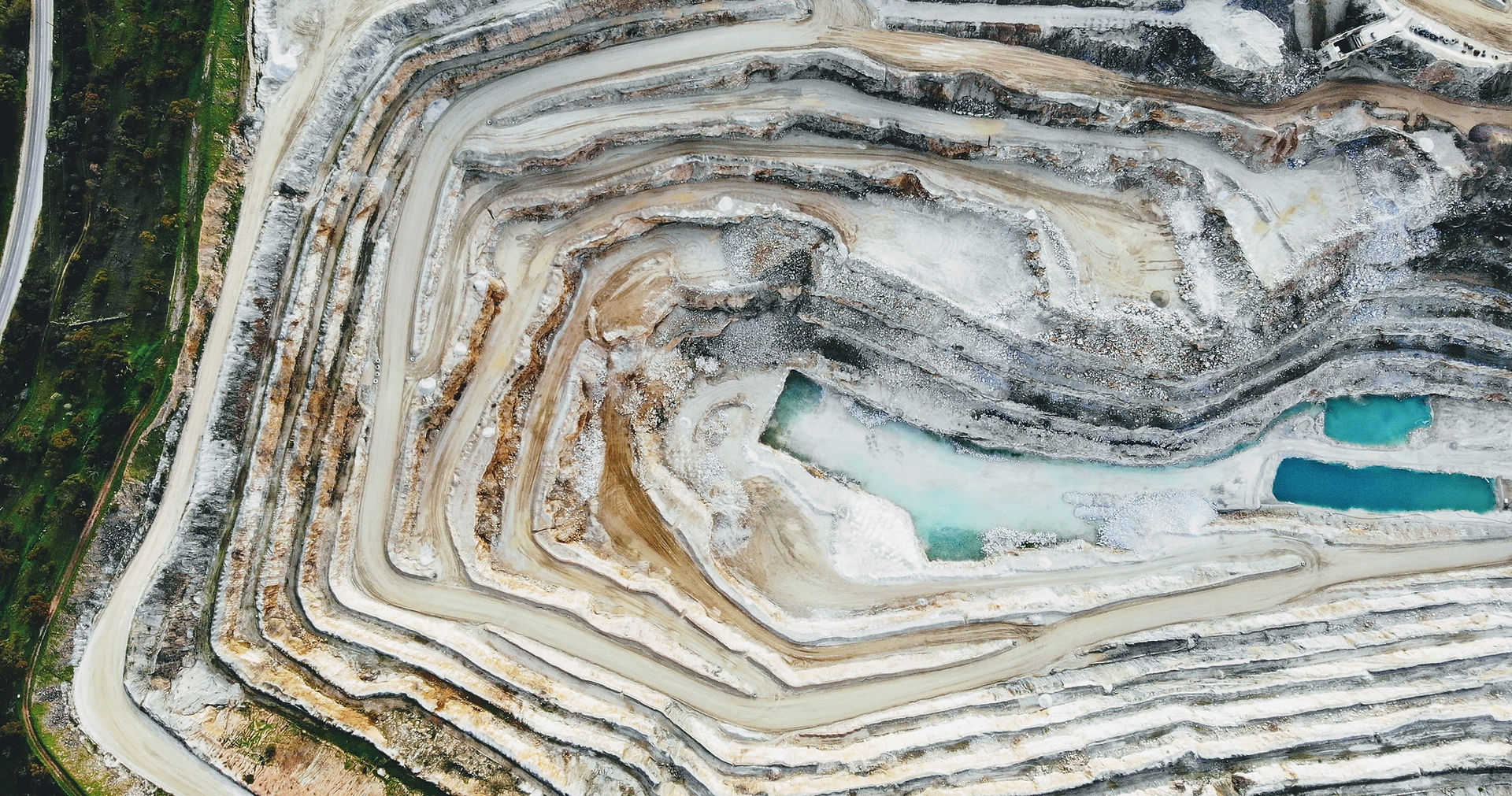After a mere seven weeks, I could find plenty of reasons to criticise the new UK government, but I prefer not to write political stuff here. There is one area, though, which - although I have touched on it several times before - I still feel is of such enormous importance that it cannot just be pushed to one side. I am of course talking about energy supply and energy security.
Ed Miliband, who amazingly still manages to hold down a serious job as Secretary for Energy and Net Zero, continues to assert that the United Kingdom’s energy network will be decarbonised by 2030 - this is official, government policy. What this actually means is that no fuel will be used to generate electricity - or to heat your home or power your car - if it creates carbon emissions. Well, in one sense, that all sounds very nice; after all, I’m sure we all would rather not sit in a smog of diesel fumes in a traffic queue, for example.
Sadly, though, achieving this wonderful nirvana is not actually that easy. I’ve written before about the likelihood of this country being able either to generate or to distribute sufficient energy to replace the current fuel mix with renewable alternatives, so I’m not going to rehash that again. Just to make the point clear, though, since successive governments have disgracefully neglected to continue building nuclear power generation capacity, the only logical swing fuel is gas. Having vetoed any further development of North Sea gas fields, Miliband now accuses the previous (conservative) administration of “making us dependent upon gas markets controlled by dictators”. That’s an interesting approach, since our biggest source of gas is Norway, followed by Denmark and the US. Obviously, we don’t know how the US election later this year will go, but I’m not sure “dictators”is a fair representation of any of those countries’ leaders. Unfortunately, he may well be correct, going forward; but that is simply due to the fact that he has been instrumental in destroying our native industry, thus meaning that we will be importing more and producing less.
But even putting aside the impossibility of achieving this target, and looking at it as a purely academic question, how genuine would the decarbonising be? The solar panels needed to generate power from the sun’s rays come almost exclusively from China; so do the bulk of mass-market electric vehicles. China is still building coal-fired power stations by the dozen - and yes, I am also aware that they are reducing the supply of coal-generated electricity to major cities, but that doesn’t affect the industrial production of the stuff they sell to the west to make our domestic environment appear greener than it really is. And I understand wind turbine blades, which already have a relatively short lifespan, are currently not recyclable, but nevertheless energy intensive to produce. Steel, to build all the infrastructure necessary to transmit ever-growing volumes of electricity - that’s pretty energy intensive, too.
I could go on, but I don’t think I need to. I cannot recall ever coming across what is after all a major plank of an incoming government’s policy proposals being so out of touch with reality. And what else have they done so far? Cut the winter fuel payment (which should always have been means-tested, but not at the level at which they’ve done it) and given train drivers, who are already in the top 10% of earners in the UK (yes, you read that right) a 15% pay increase.
Welcome to the madhouse.


Comentarios